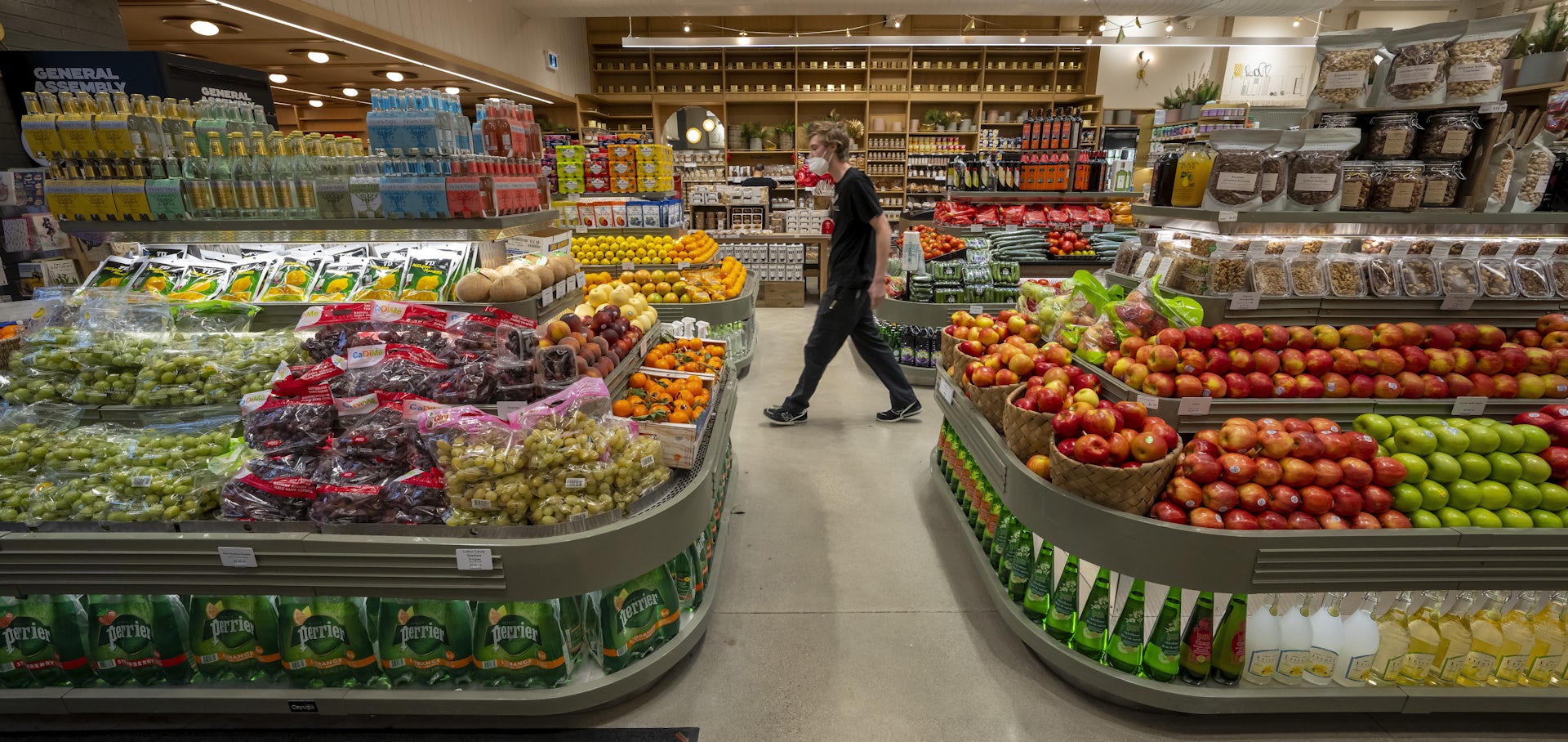
Fast-moving consumer goods (FMCG) companies operate in a dynamic and highly competitive market. With constantly evolving consumer preferences, technological advancements, and global economic shifts, these companies face numerous challenges. In this article, we will explore the biggest challenge for FMCG companies and discuss strategies to overcome it.
The Biggest Challenge: Consumer Demands and Changing Preferences
One of the most significant challenges faced by FMCG companies is meeting the ever-changing demands and preferences of consumers. In today's fast-paced world, consumers are more informed, discerning, and demanding than ever before. They seek products that align with their values, cater to their individual needs, and provide a seamless experience.
To address this challenge, FMCG companies must invest in market research and consumer insights. By understanding consumer behavior, preferences, and emerging trends, companies can develop innovative products and tailor their marketing strategies accordingly. Utilizing data analytics and artificial intelligence can provide valuable insights into consumer preferences, enabling companies to stay ahead of the curve.
Adapting to Technological Advancements
Another significant challenge for FMCG companies is keeping up with rapid technological advancements. Technology has revolutionized the way consumers interact with brands, make purchasing decisions, and engage with products. From e-commerce platforms to social media marketing, companies must embrace digital transformation to remain competitive.
To tackle this challenge, FMCG companies should invest in robust digital infrastructure and leverage technology to enhance their operations. Implementing e-commerce platforms, mobile applications, and personalized marketing campaigns can help companies reach a wider audience and provide a seamless customer experience. Additionally, embracing automation and data-driven decision-making can optimize supply chain management and improve overall efficiency.
Global Economic Shifts and Market Volatility
FMCG companies operate in a global marketplace influenced by economic shifts and market volatility. Fluctuating exchange rates, geopolitical uncertainties, and changing consumer spending patterns pose significant challenges for these companies. Adapting to these changes requires agility, strategic planning, and risk management.
To mitigate the impact of global economic shifts, FMCG companies should diversify their markets and supply chains. By expanding into emerging markets and establishing strategic partnerships, companies can reduce their dependence on specific regions and minimize risks. Additionally, implementing robust risk management strategies, such as hedging against currency fluctuations and closely monitoring market trends, can help companies navigate uncertainties.
Conclusion:
In conclusion, FMCG companies face numerous challenges in today's dynamic business environment. However, by understanding and addressing the biggest challenge of meeting consumer demands and changing preferences, adapting to technological advancements, and navigating global economic shifts, these companies can thrive. By investing in market research, embracing digital transformation, and implementing strategic risk management, FMCG companies can stay ahead of the competition and continue to deliver high-quality products and experiences to consumers worldwide.

